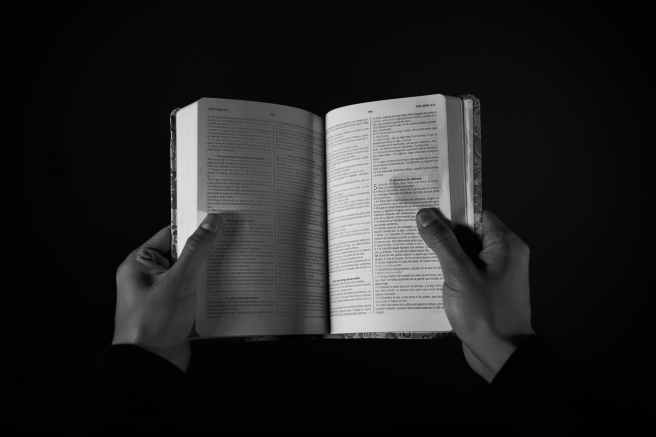Possible rambling, stream of conscious post to follow.
Occasionally, I will hear writers (usually, one about as far along the journey as me) say, “I don’t read anymore. I don’t have the time.” I can certainly see how this is possible. Especially, for a writer, that is also balancing a full-time job and family responsibilities. But, it still makes me sad.
And it reminds me of some days early in my writing journey. Not that I’ve forgone reading…because I’ve always read. Rather, when I’ve stopped reading for pleasure and began reading critically. Back then I was “learning” all the rules of writing. Reading a lot of writing books. Some good…by writers who had the backlist to back up what they preached. Some not so good by agents or gurus without much experience at all writing fiction. So then when I was reading, I would catch “head-hopping” mid-scene. OR god-forbid the writer “told” and didn’t “show.”
This was miserable. Reading critically, may actually be more horrid than writing critically. And that is saying something. Not to mention being a pessimist sucks.
I’ve broken myself of this habit. It wasn’t easy, but I read for pleasure again with exactly zero thought of craft. I just read a lot. I think its the most important thing I can do outside of butt in chair. And if I really enjoy a story? I may re-read it to see what I loved so much…or I may re-visit a memorable passage. More likely? I’ll just remember the book, and if/when I am struggling with something in the craft OR there is just a technique I want to try out in a story, I’ll return to the stories I’ve loved and and see how the experts did it.
For my money, this is almost always better than trying to learn it from a writing book. And it IS always better than following some Style Manual.
When I want to learn something about dialogue, I re-visit Mr. Parker’s Spenser novels.
When I want to learn how to write in depth about setting, Mr. Burke is there for me.
He’s also good for techniques when telling is better than showing.
Brevity without losing your voice, Mr. Block… or Papa.
But it’s only done with stories, I’ve already read and enjoyed. If I never get anything out of a story then

the simple pleasure of reading it, that’s enough. There’s plenty of education in an entertaining story.

Admittedly I used to be that writer, especially when my kids were younger, and even when I wasn’t writing. Then I realized that I just plain-and-simple missed it. I missed diving deep into someone else’s world and losing myself there. So I started reading again. I may not be able to aspire to 150 books/year in the Goodreads challenge like some of my friends, but that’s fine — daily reading time is what I aim for.
LikeLike
I think this re-training is something most of us have had to do…It’s pretty depressing when you turn back to books you loved and tear them apart because “there were too many adverbs,” or, as you noted, that “heretical head-hopping.”
It’s really been a wonderful feeling to get back to reading for fun and appreciating the fact that a good story is a good story.
LikeLike
I too have had to break the habit of reading to critique, it was awful. Dark days. Now I sadly have to break the habit of saying, “I don’t have time to write, I’m reading.”
Side note – You should post your go to authors for your different stages of “help” during writing for dialogue, setting, etc.
LikeLike
Hi Brittany, off the top of my head…(and they are mentioned in the post). Dialogue = Robert B. Parker. Depth in setting = James Lee Burke. Openers = John D. MacDonald’s “Darker than Amber”…which wasn’t mentioned.
LikeLike
Thank you! I have some new reading to do
LikeLike
Let me also recommend Peter May for depth in setting — his “Blackhouse” trilogy stunned me. I love Dennis Lehane for pretty much everything. Tana French for dialogue particularly around police interview techniques (she nails it and she’s not even a cop, LOL). Joe Hill for plotting and pacing.
LikeLike
Thank you , Christa
LikeLike